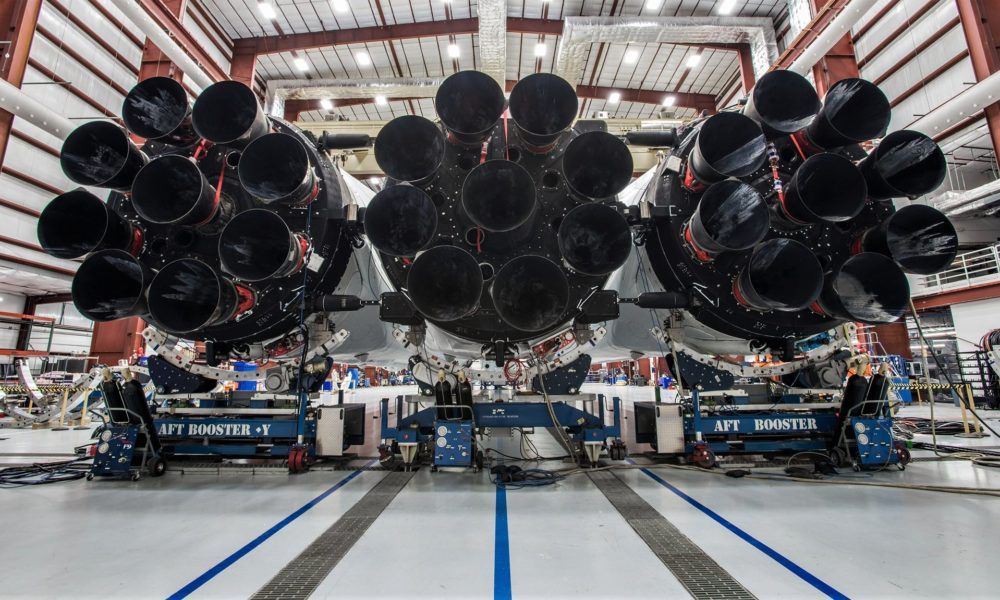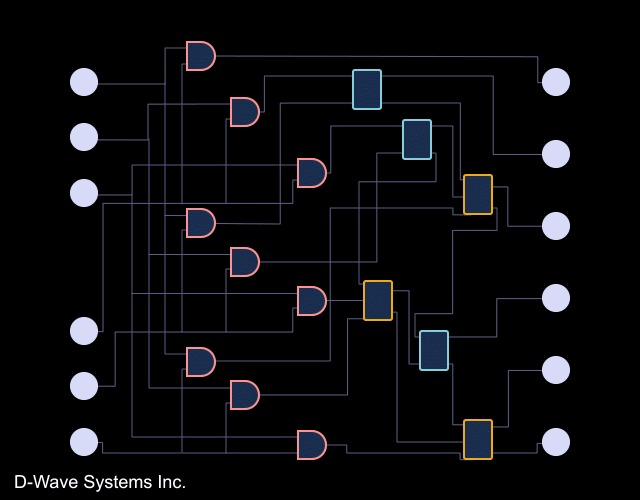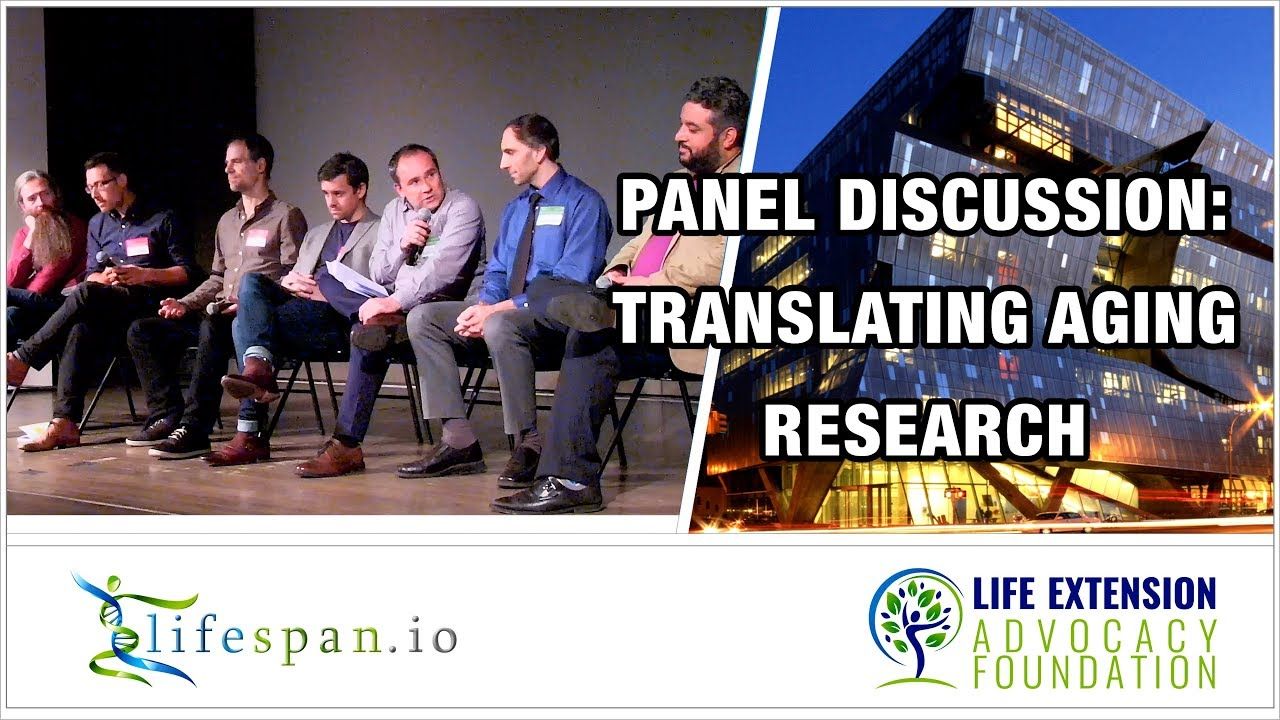After months of speculation, the official announcement came today. But there’s a catch.
Set to give a keynote speech on October 3rd at 2018’s International Astronautical Congress (IAC), Hans Koenigsmann – SpaceX Vice President of Build and Flight Reliability – attended an impromptu talk one day prior, titled “From the University of Bremen to SpaceX”.
Speaking before a small audience, the University of Bremen graduate and fourth employee to join SpaceX discussed his opinions of Falcon Heavy, BFR, and more, frankly relating how SpaceX intentionally chose to build Falcon Heavy on its own, going so far as to turn down funding reportedly offered by one or more US government agencies.
Hopefully a sign of things to come for his 09:20 UTC, Oct. 3 keynote, titled “Reusability: The Key to Reliability and Affordability”, Hans’ precursor talk centered around the circuitous path that led him from University of Bremen to SpaceX, humorously describing how he “got bored of airplanes pretty quickly” after becoming an aerospace engineer. He quickly turned to space, hopping between a number of German smallsat projects that eventually led him to settle in the U.S. after flying there and back “at least 25 times”.
LOL Photo 2
Posted in futurism
Pivot Bio just got a $70 million infusion from Bill Gates’s energy fund and other investors to launch its commercial product next year.
The science: The biotechnology company, based in Berkeley, California, is creating probiotics for plants. The firm’s researchers have identified microbes with a dormant ability to produce nitrogen, a crucial nutrient in synthetic fertilizer, and engineered them to reawaken and enhance it. For its initial product, Pivot Bio has created a liquid treatment for corn crops that can be applied when the seeds are planted.
The sell: In early field tests, patches treated with the microbes produce comparable yields to those relying on synthetic fertilizers. Pivot Bio’s pitch to farmers is that the product reduces work and complexity, because a single application takes less time than spraying multiple rounds of fertilizer.
A new discovery might make immunotherapy applicable to more patients.
Led by Dr. Alicja Copik, scientists at the University of Central Florida College of Medicine have discovered that it might be possible to make cancer immunotherapy work for a larger portion of patients by employing PM21-activated natural killer (PM21-NK) cells [1].
Study abstract
Anti-PD-1/anti-PD-L1 therapies have shown success in cancer treatment but responses are limited to ~ 15% of patients with lymphocyte infiltrated, PD-L1 positive tumors. Hence, strategies that increase PD-L1 expression and tumor infiltration should make more patients eligible for PD-1/PD-L1 blockade therapy, thus improving overall outcomes. PD-L1 expression on tumors is induced by IFNγ, a cytokine secreted by NK cells. Therefore, we tested if PM21-particle expanded NK cells (PM21-NK cells) induced expression of PD-L1 on tumors and if anti-PD-L1 treatment enhanced NK cell anti-tumor efficacy in an ovarian cancer model. Studies here showed that PM21-NK cells secrete high amounts of IFNγ and that adoptively transferred PM21-NK cells induce PD-L1 expression on SKOV-3 cells in vivo. The induction of PD-L1 expression on SKOV-3 cells coincided with the presence of regulatory T cells (Tregs) in the abdominal cavity and within tumors.
Today, we have another video from our Ending Age-Related Diseases 2018 conference, which was held earlier this year at the Cooper Union in New York City. The conference was designed to bring the worlds of research and investment together in one place and explore the progress and challenges that the industry faces in developing and funding therapies to end age-related disease.
This was the second panel during the conference and featured Dr. Aubrey de Grey of the SENS Research Foundation, Keith Comito of Lifespan.io, Dr. James Peyer of Apollo Ventures, Dr. Mark Hammond of Deep Science Ventures, Joe Betts Lacroix of Y Combinator and Vium, Dr. Oliver Medvedik of Lifespan.io and The Cooper Union, and Ramphis Castro of ScienceVest.









